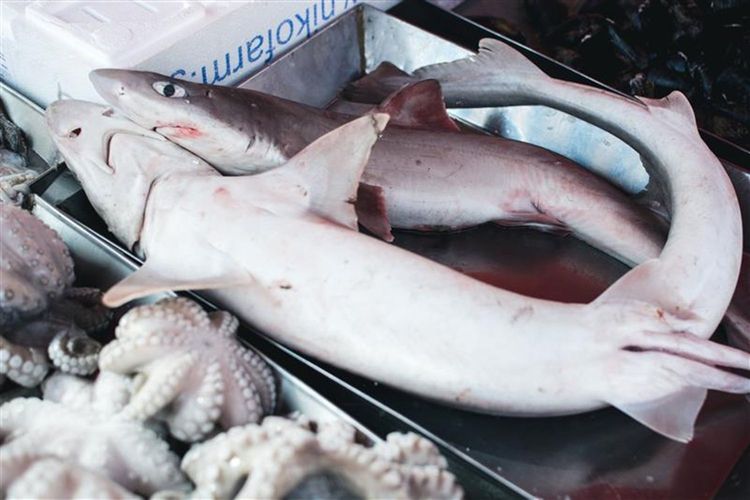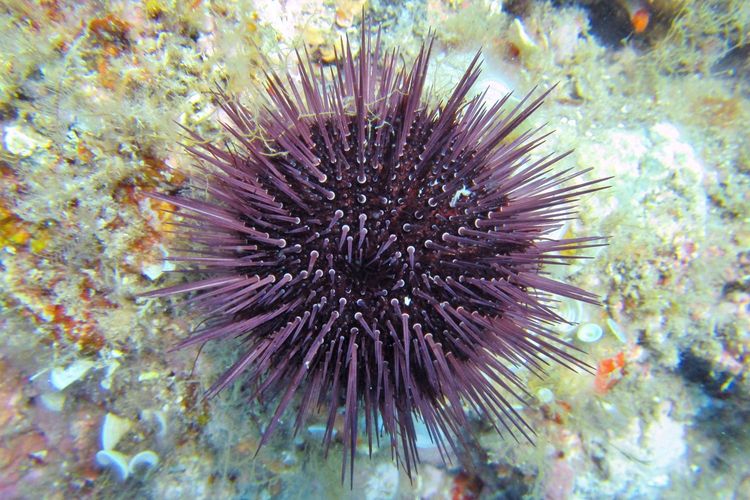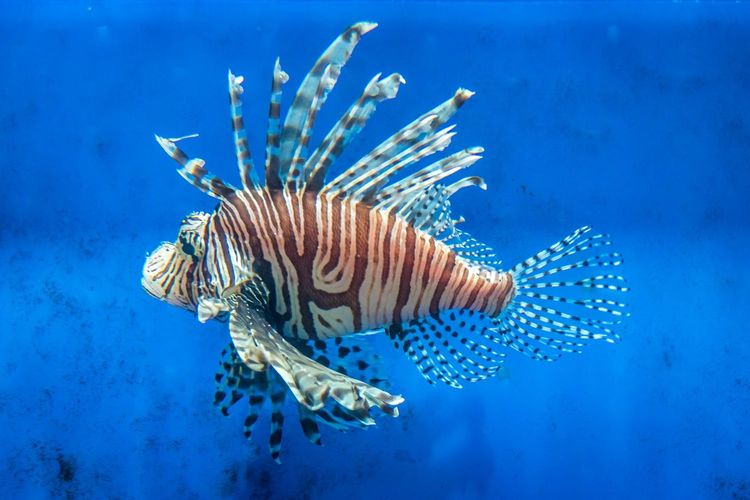
A new study recently published in the scientific journal Marine Policy, authored by Ginevra Boldrocchi, scientific coordinator of One Ocean Foundation and researcher at the University of Insubria, has revealed a surprising fact: nearly one in three Italians has eaten shark meat without knowing it. The reason? A combination of poor information, unrecognizable commercial names, and a lack of transparency along the seafood supply chain.
The study involved 900 people living in the metropolitan area of Milan. When asked the initial question, “Have you ever eaten shark meat?”, 93% responded no. But after being shown names like palombo, verdesca, or smeriglio - all species belonging to the shark family - 30% admitted they had unknowingly consumed it.
This finding is particularly significant when considering that around 100 million sharks are killed globally every year, with many species also endangered in the Mediterranean. Yet, only 4% of those surveyed consider Italy to be a high-consumption country, while in reality, it is one of the top importers and consumers of shark meat in Europe.
“Our data show that misinformation is one of the main obstacles to shark conservation. But just a few accurate facts are enough to radically change people’s behavior,” explains marine biologist Ginevra Boldrocchi, author of the study.
In fact, after a brief explanation of the environmental and health risks associated with consuming shark meat, 93% of participants said they would no longer buy it. Moreover, 95% expressed support for the introduction of clear systems to make shark-derived products easily identifiable in stores.
When information makes the difference
The unintentional consumption of shark meat is not just an environmental issue - it also concerns public health. As apex predators in the marine food chain, sharks tend to accumulate high levels of heavy metals such as mercury and cadmium. Some cuts, sold at low prices as alternatives to tuna or swordfish, often end up on the plates of those seeking affordable fish, unaware of what they’re really buying.


